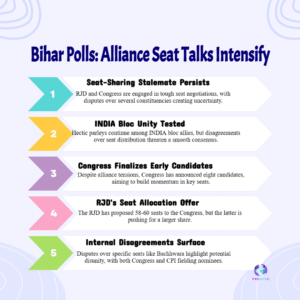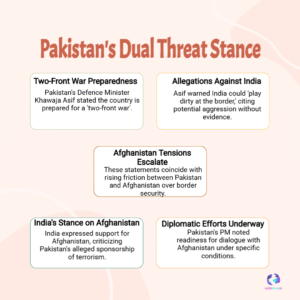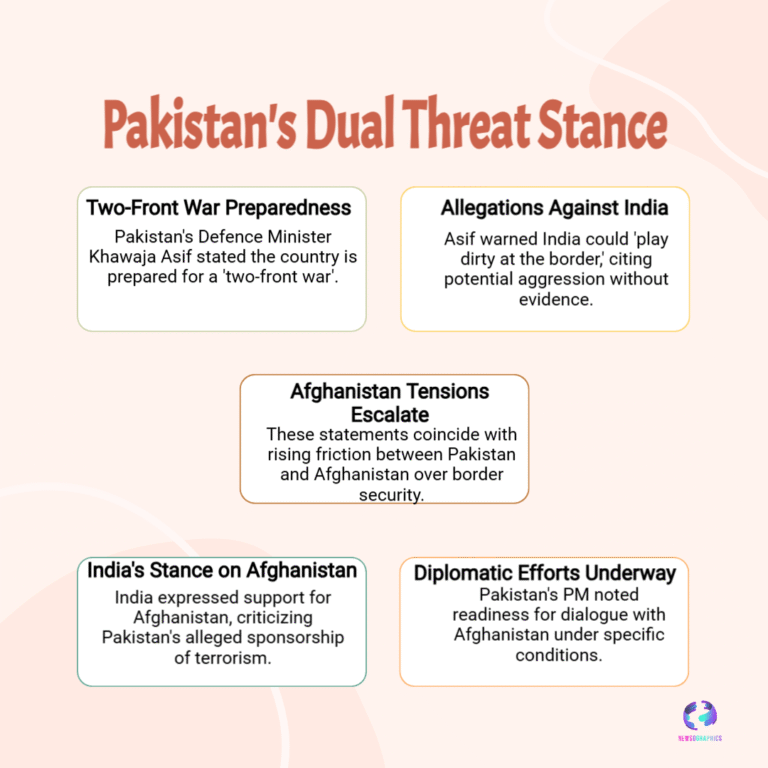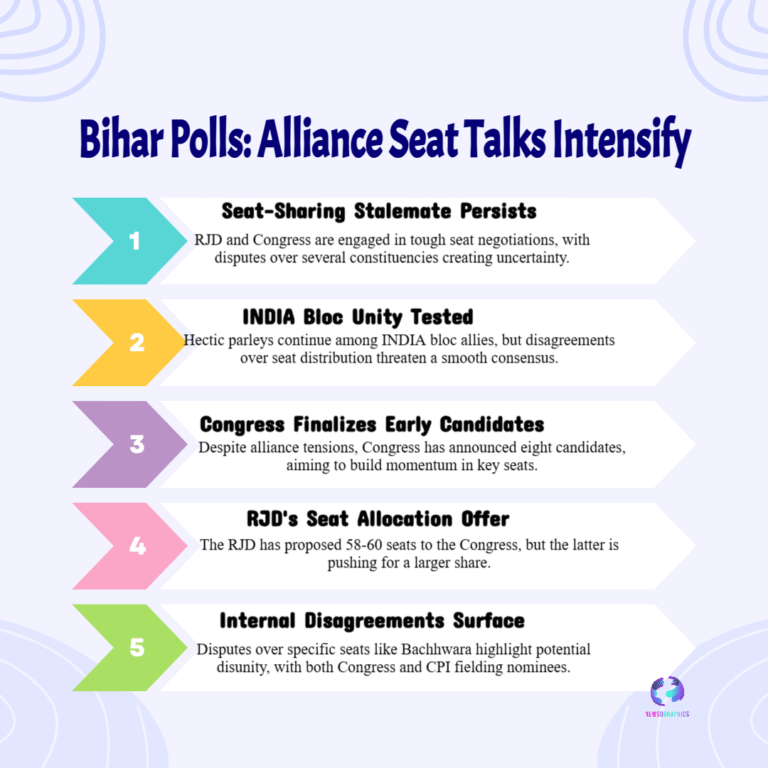A recorded WhatsApp call — “8 fadne ne 8” — helped CBI trap Ropar Range DIG Harcharan Singh Bhullar after a scrap dealer’s complaint; raids recovered ₹5 crore, luxury cars and gold. Read the key facts, investigation questions and implications for police accountability.

A WhatsApp voice recording that captured a directive to “8 fadne ne 8” (collect ₹8 lakh) was central to the Central Bureau of Investigation’s sting that led to the arrest of Ropar Range DIG Harcharan Singh Bhullar. The probe began after scrap dealer Akash Bhatta filed a complaint alleging Bhullar, via a middleman named Kirshanu, demanded an ₹8 lakh bribe and ongoing “sewa-paani” to avoid further police action on a 2023 FIR. Investigators used the recorded call as evidence to set a trap and arrested Bhullar at his Mohali office.
Searches at Bhullar’s office and residence yielded a large haul: roughly ₹5 crore in cash, about 1.5 kg of gold jewellery, 22 luxury watches, and keys to high-end vehicles including an Audi and a Mercedes. The scale of seizures has intensified scrutiny of alleged graft within senior ranks of the Punjab police and prompted questions about asset declaration, lifestyle scrutiny and possible links to other cases.
Bhullar, a 2007-batch IPS officer and son of former Punjab DGP Mehal Singh Bhullar, is likely to face formal charges under anti-corruption statutes as the CBI files a case. The agency will examine the chain connecting the middleman, alleged recurring bribe demands, and any officials who may have facilitated or benefited. Legal experts say recorded communications, corroborated by cash and asset seizures, strengthen prosecutorial prospects but will need clear documentary trails to prove quid pro quo beyond the recorded demand.
For the public and victims who lodged complaints, the action signals that recorded digital evidence and citizen complaints can prompt federal probes. The case also raises broader policy debates on internal police oversight, faster asset verification and the need for transparent anti-corruption mechanisms within law enforcement to restore public trust.










